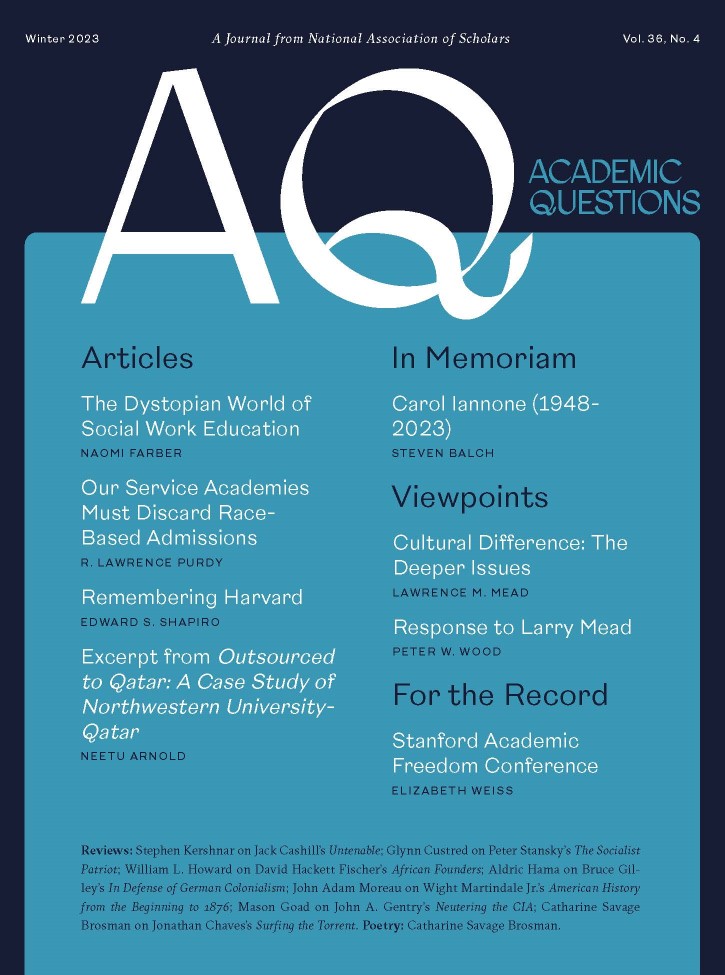East and West, Old and New
Canto XIII: Kung* Walked (1930)
Ezra Pound (1885-1972)
Kung walked
by the dynastic temple
and into the cedar grove,
and then out by the lower river,
And with him Khieu Tchi
and Tian the low speaking
And ``we are unknown," said Kung,
``You will take up charioteering?
Then you will become known,
``Or perhaps I should take up charioterring, or archery?
``Or the practice of public speaking?''
And Tseu-lou said, ``I would put the defences in order,''
And Khieu said, ``If I were lord of a province
``I would put it in better order than this is.''
And Tchi said, ``I would prefer a small mountain temple,
``With order in the observances,
with a suitable performance of the ritual,''
And Tian said, with his hand on the strings of his lute
The low sounds continuing
after his hand left the strings,
And the sound went up like smoke, under the leaves,
And he looked after the sound:
``The old swimming hole,
``And the boys flopping off the planks,
``Or sitting in the underbrush playing mandolins.''
And Kung smiled upon all of them equally.
And Thseng-sie desired to know:
``Which had answered correctly?''
And Kung said, ``They have all answered correctly,
``That is to say, each in his nature.''
And Kung raised his cane against Yuan Jang,
Yuan Jang being his elder,
For Yuan Jang sat by the roadside pretending to
be receiving wisdom.
And Kung said
``You old fool, come out of it,
Get up and do something useful.''
And Kung said
``Respect a child's faculties
``From the moment it inhales the clear air,
``But a man of fifty who knows nothing
Is worthy of no respect.''
And "When the prince has gathered about him
``All the savants and artists, his riches will be fully employed.''
And Kung said, and wrote on the bo leaves:
If a man have not order within him
He can not spread order about him;
And if a man have not order within him
His family will not act with due order;
And if the prince have not order within him
He can not put order in his dominions.
And Kung gave the words ``order''
and ``brotherly deference''
And said nothing of the ``life after death.''
And he said
``Anyone can run to excesses,
``It is easy to shoot past the mark,
``It is hard to stand firm in the middle.''
And they said: If a man commit murder
Should his father protect him, and hide him?
And Kung said:
He should hide him.
And Kung gave his daughter to Kong-Tchang
Although Kong-Tchang was in prison.
And he gave his niece to Nan-Young
although Nan-Young was out of office.
And Kung said ``Wang ruled with moderation,
``In his day the State was well kept,
``And even I can remember
``A day when the historians left blanks in their writings,
``I mean, for things they didn't know,
``But that time seems to be passing.
A day when the historians left blanks in their writings,
But that time seems to be passing.''
And Kung said, ``Without character you will
``be unable to play on that instrument
``Or to execute the music fit for the Odes.
``The blossoms of the apricot
``blow from the east to the west,
``And I have tried to keep them from falling.
* Canto XIII of Ezra Pound’s modernist epic refers to “Kung,” the quirky French spelling of the Latinized name of K'ung Fu-tzu, or Confucius, the Chinese philosopher.
Words from the Goblet of Wisdom1
Yüan Mei (1716-1798)
I often read the writings of the sages
And now I understand enlightened rule.
“Enrich them and teach them,” we are told,
Yet not a word on how it’s to be done!
“Sufficient arms and sufficient food”;
But no details listed here at all.
Yet if we wish to be like Eastern Chou,
In just one year we could do it now.
The “well-field system” spoken of in schools:
Not one word of it need bother us at all.
When T’ang and Yü instructed Kao and K’uei,
“Be dignified,” they said, two words alone.
So great, the hearts of these sage men:
Yao and Shun and Confucius as well.
We are simply tasked with emulation;
Measures taken will follow naturally.
As to whether it is possible,
That depends on how we act ourselves.
When Mencius discusses the government of kings
Already we fee; a buzzing in our ears.
Later scholars were even wordier,
So pedantic with their piles of books.
The “Ever-Stable Granary” plan sounds great,
But Eastern Han saw troubles burgeon forth.
“Chariot warfare” surely was the best,
Yet General T’ao was wiped out on the field.
People at peace—but government grew;
If people are to live, statutes must first die.
No surprise that the spirit of the Three Golden Ages
Long ago came to a grinding halt.
*The poet’s message is that the ancients achieved a harmonious society by stressing self-cultivation, rather than theories for implementing agricultural or military policy: moral character and charisma, rather than governmental action. Such is the heart of classical Confucianism.
Quiet Night Thought (Tang Dynasty)
Li Bai (Li Bo or Li Po) (701-NA)
Before my bed lies a pool of moon bright
I could imagine that it’s frost on the ground
I look up and see the bright shining moon
Bowing my head I am thinking of home.
The following three poems are from Catharine Savage Brosman, Aerosols and Other Poems (Green Altar Books. Kindle Edition, 2023), reprinted with permission of Shotwell Publishing of North Carolina, USA.
Firmament
Catharine Savage Brosman
Yüan-Hung-tao* looked up at blue, pristine,
and down at clouds. He’d hiked for many miles
to see the sky divide—a doughy mass
below; the azure, an empyreal
ideal. Could he conceive how I can fly
between the layers now on silvery wings
of an enormous dragon? As I drink
my wine, a poem rises here to join
two worlds, two strata, dream recast as words.
Recite for me, Hung-tao, the white, the blue.
*Yüan Hung-tao (1568-1610) was a major poet of the Ming dynasty. He displayed an early interest in verse. He occupied briefly an official position but abandoned it to devote his life to travel, philosophy, and poetry. Two brothers, both poets, shared his interest; the three eventually had a following or school. Their poetry focused on clarity and sincerity. See Jonathan Chaves, ed. and trans., Pilgrim of the Clouds: Poems and Essays from Ming China (New York/Tokyo: Weatherhill, 1978).
Poem on Striving
A bureaucrat of sorts once said to me
he didn’t strive. He did his duty, yes;
not more. No challenges—no struggle up
a mountain peak; no mastery of chess,
although his mind was just that sort. And he
was not acquisitive. He had no wish
to imitate the Buddha, understand;
but stress is bad—the heart, the arteries.
Shall I try striving not to strive? So tell
me not to think of poetry and love.
River
The river is not far away—at once
a master and a servant, always there.
I hear the whistles and the horns of ships,
and feel the sultry winds that steam with them
from foreign islands. Some day I should take
a paddle-wheeler, see the banks downstream
in strange perspectives, catch the other face—
the batture, levees, wharves—of where I live,
as though to seize the back side of the moon,
new being from new seeing, spectrum, form.
1 This poem is translated by Jonathan Chaves and reprinted with his permission. It originally appeared in Chaves’s The Columbia Book of Later Chinese Poetry (New York: Columbia University Press, 1986), 446-7.
Photo by













